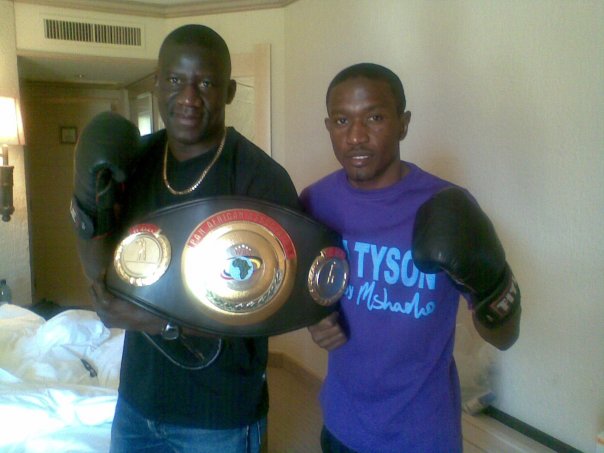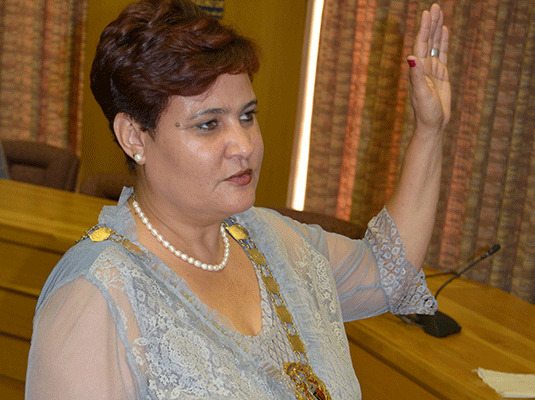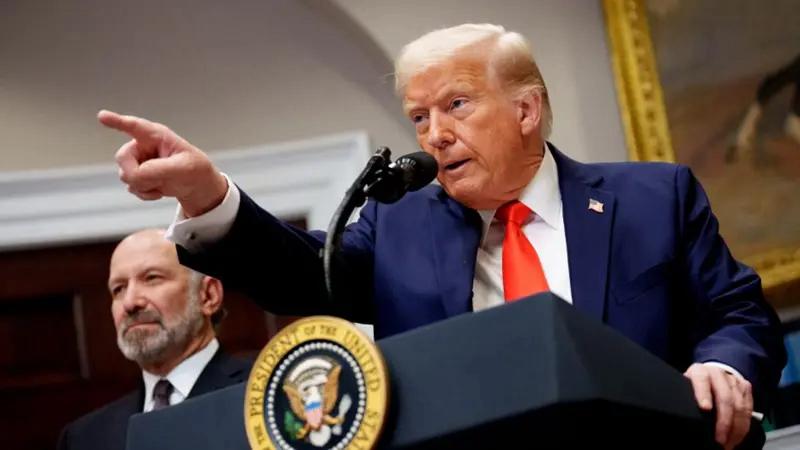FRANS ‘Rambo’ Hantindi suffered a stroke while he was in the boxing ring several years ago, and his doctors said it was due to injuries to the brain that he sustained during his 10-year career. Hantindi (48) had 25 professional fights, in which he won 11, drew two and lost 12 in a career running from 2000 to 2009.
“I started boxing when I was 19 years, and stopped when I turned 39 in 2004. I was having a tingling and warm feeling in my left arm and leg, but I made nothing of it. After some fights, my arm and leg would feel weak. I consulted a doctor, and he told me it was because of a lack of vitamins,” he explained.
Hantindi said for years, he was on medication, but his health did not get better and he was slowing down. He said his speech was later affected until he changed doctors.
“The second doctor told me the same thing, but he was not specific. This was worrying me to a point where I wanted to retire, but my trainer did not agree with me. In 2009, my trainer forced me to take one last fight. Although I told him that I could not move my arm, he was adamant and told me that tickets for the fight had already been sold out, and I had no choice but to fight,” he continued.
Looking back, he said his arm gave in in the first round. But he pushed on, and continued fighting. During the fight, his knees and legs gave in and he fell.
“I think I got a light stroke, but I did not know it was a stroke then. We thought it was just a knock-out. Days later, I started having serious problems,” said Hantindi.
According to United States neurologist Jeffrey Saver, in silent strokes, brain injuries occur from the blockage or rupture of a blood vessel, but does not cause major, immediate symptoms.
“Sudden weakness on one side of the body or sudden trouble speaking is noticeable. The absence of typical immediate stroke symptoms is because the amount of brain injury is small, and located in a less critical region. However, although a single small stroke may be ‘silent’, multiple such strokes can cause substantial brain injury and contribute to problems in thinking (dementia), walking difficulty and other chronic brain conditions,” Saver said.
Haintindi further stated that the symptoms he experienced involved an involuntary, rhythmic shaking of the hands and sometimes the head.
“Till today, I do not really have very fine coordination, and I have slurred speech now,” said the pugilist, whose stage name was Rambo.
Windhoek clinical psychologist Shaun Whittaker said it is estimated that up to 10% of the population suffers from mild head trauma at some point. This means that 210 000 Namibians have experienced this kind of distress.
In fact, the figure is probably higher since Namibia is burdened with an astronomical level of motor vehicle accidents, an elevated rate of direct or interpersonal violence and a fervent tradition of aggressive sports such as rugby and boxing.
This is unquestionably manifested in a huge number of head injuries caused by external force.
Stay informed with The Namibian – your source for credible journalism. Get in-depth reporting and opinions for
only N$85 a month. Invest in journalism, invest in democracy –
Subscribe Now!










